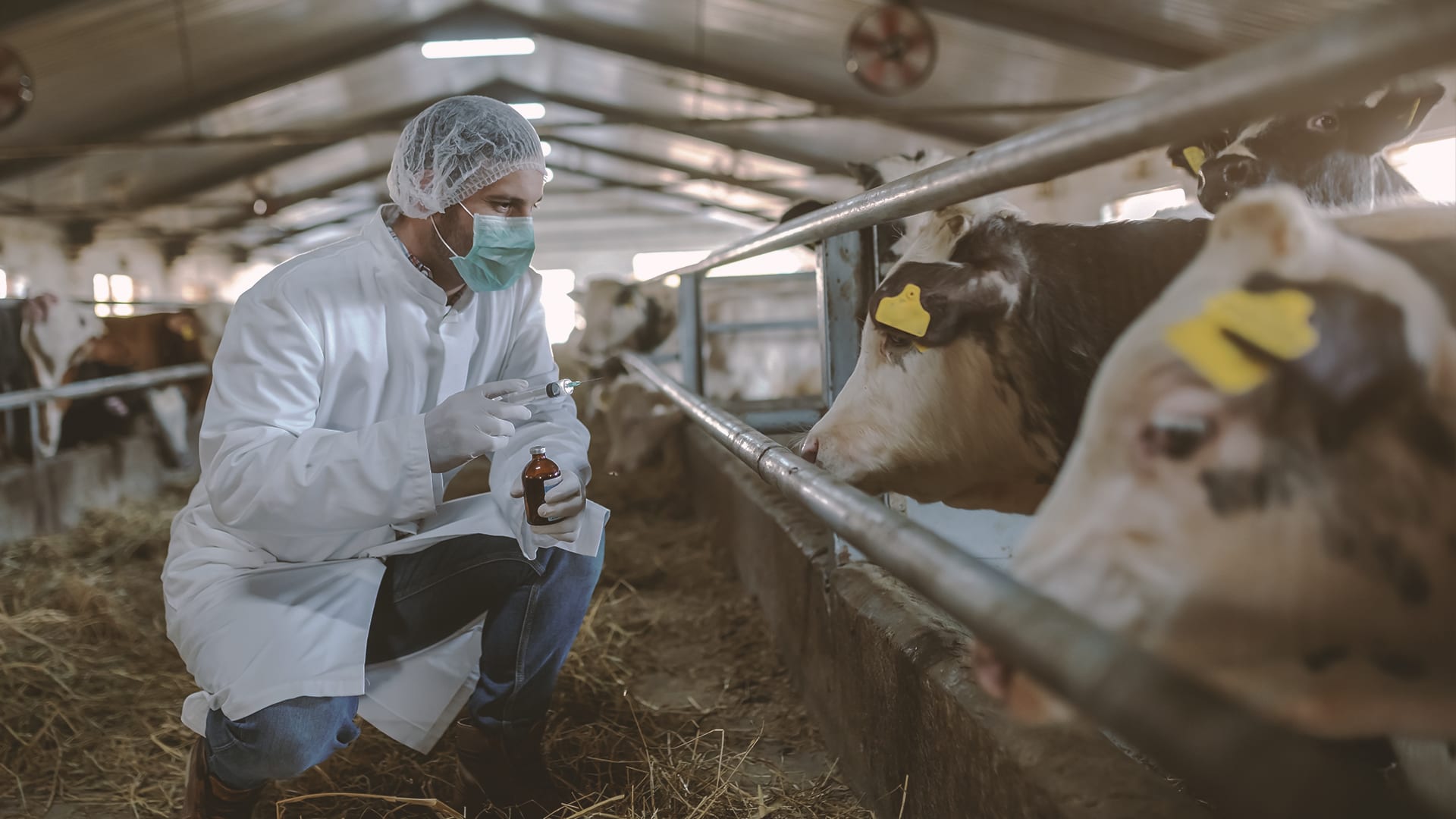Bicameral Effort to Prevent Spread of Foreign Animal Diseases

Bicameral Effort to Prevent Spread of Foreign Animal Diseases
Earlier this summer, Senators C. Grassley (R-IA) and T. Smith (D-MN) introduced The Healthy Dog Importation Act of 2021 (S.2597). The bipartisan bill aims to mitigate the spread of foreign disease through animal imports. It will require all imported dogs to have a certificate of veterinary inspection, which would certify the imported dog has received all necessary vaccinations and demonstrated negative test results. This certificate will have to be signed by a licensed veterinarian “who is accredited by a competent veterinary authority recognized by the Secretary,” and will confirm that each dog is healthy, received all necessary vaccinations, and demonstrated negative test results.
Senators Grassley and Smith both accompanied the bill with statements that highlighted the importance of public health programs. Importantly, the bill links public health to animal health and recognizes the role that animal health programs provide in protecting human health. Senator Smith cited the COVID-19 pandemic as a “devastating example of why the Healthy Dog Importation Act is so important”. She continued, “The pandemic showed us that human and animal health are inextricably linked, and that we must take proactive steps to prevent future health emergencies.” Similarly, Senator Grassley proclaimed animal health as being “critical to our nation’s overall public health goals,” and highlighted the importance of working to stop the spread of foreign diseases that can hurt both animal and humans.

In 2019, he Centers for Disease Control (CDC) estimated that between 1–1.2 million dogs are imported in the U.S. each year. Currently, the CDC only requires the verification of rabies vaccinations for dogs imported from countries that are qualified as high-risk for rabies transmission. There are currently no requirements for health documentation of dogs coming from low-risk or moderate-risk countries. The amendment to require a certification of all dogs would increase workforce capacity levels needed to support oversight and implementation.
If passed, the legislation would require the Secretary of Agriculture to provide the final regulations for implementing the certificate requirements no later than 18 months after it is enacted. Such regulations must provide the process for the certification of import permits by the Secretary of Agriculture, and the communication channels that will inform the Secretary of Health and Human Services, the Secretary of Commerce, and the Secretary of Homeland Security. In USDA, the vehicle for such efforts will be USDA’s Animal and Plant Health Inspection Service (APHIS). NAFV is concerned about the staffing that may be needed for this increased workload and plans to approach APHIS and APHIS-VS leadership about what impacts this bill will have on USDA’s federal veterinary workforce.
The House companion bill (H.R.4239) was also introduced into the House of Representative by Congressional Veterinary Caucus Members, Representative Kurt Schrader (D-OR) and Representative Dusty Johnson (R-SD) earlier this summer. That bill has been referred to the House Subcommittee on Livestock and Foreign Agriculture. The bill’s co-sponsors in the House are also framing the bill as a public health preventative effort. Representative Schrader stated, “The Healthy Dog Importation Act would finally provide the proper oversight needed to make sure the dogs being brought into our country are healthy, and will not endanger our people, our pets or our food supply chain. By having key safeguards in place, we can detect potential serious safety concerns and prevent these dangers from turning into a public health crisis.” Representative Johnson relayed a similar focus on public health and stated, “If transmitted to other animals or humans, animal diseases have the ability to wipe out livestock, kill thousands of individuals, shut down economies, and destabilize entire nations.”
Both bills are supported by the American Veterinary Medical Association, who have shepherded the legislation in the 116th and 117th Congresses. They cite the CDC’s recent temporary suspension of dog imports from high-risk countries as a reason for the need to strengthen animal health oversight. In providing support to the expansion of a shared database between APHIS, CDC, and DHS, these bills can help strengthen and streamline foreign animal disease surveillance.
Our Executive Vice President Dr. Joseph Annelli says “As a previous Director of Emergency Programs at APHIS Veterinary Services and having to mitigate the effects of screwworm from imported dogs I can attest to the value of this legislation. I am concerned with the additional workload this may create for APHIS-VS unless there is a budget for additional staffing to make this workable.”
NAFV is encouraging all NAFV members to write to your Members of Congress in support of the Healthy Dog Importation Act 0f 2021. You can do that through the AVMA-CAN portal linked below. A friendly reminder to all public employees to ensure to do this outreach in your capacity as a private citizen, using your personal email and personal devices.
Sending a letter takes only a few minutes and can make a big difference in gathering support for this bill. Personalized letters have the greatest impact on legislators, so it is encouraged for veterinarians to share their experiences with unhealthy dogs being imported to the U.S. and the importance of this issue to canine patients in private practice and public health.
Ask Congress to Support Healthy Dog Importation
While, NAFV encourages all members to write to their Members of Congress, it is especially important for those who are constituents of Representatives from the Subcommittee on Livestock and Agriculture and Senators on the Senate Committee on Agriculture, Nutrition, and Forestry. A breakdown of those states is below.
House Subcommittee on Livestock and Agriculture:
CA, CT, GA, IA, IL, MN, VA, US-VI
Senate Committee on Agriculture, Nutrition, and Forestry:
· AL, AR, CO, IA, IL, KS, MI, MN, MS, ND, NJ, NY, OH, SD, VT
If you have any questions or comments you would like NAFV to share with USDA leadership on this legislative package, please contact the NAFV National Office at nafv@nafv.org or 202-223-4878.
